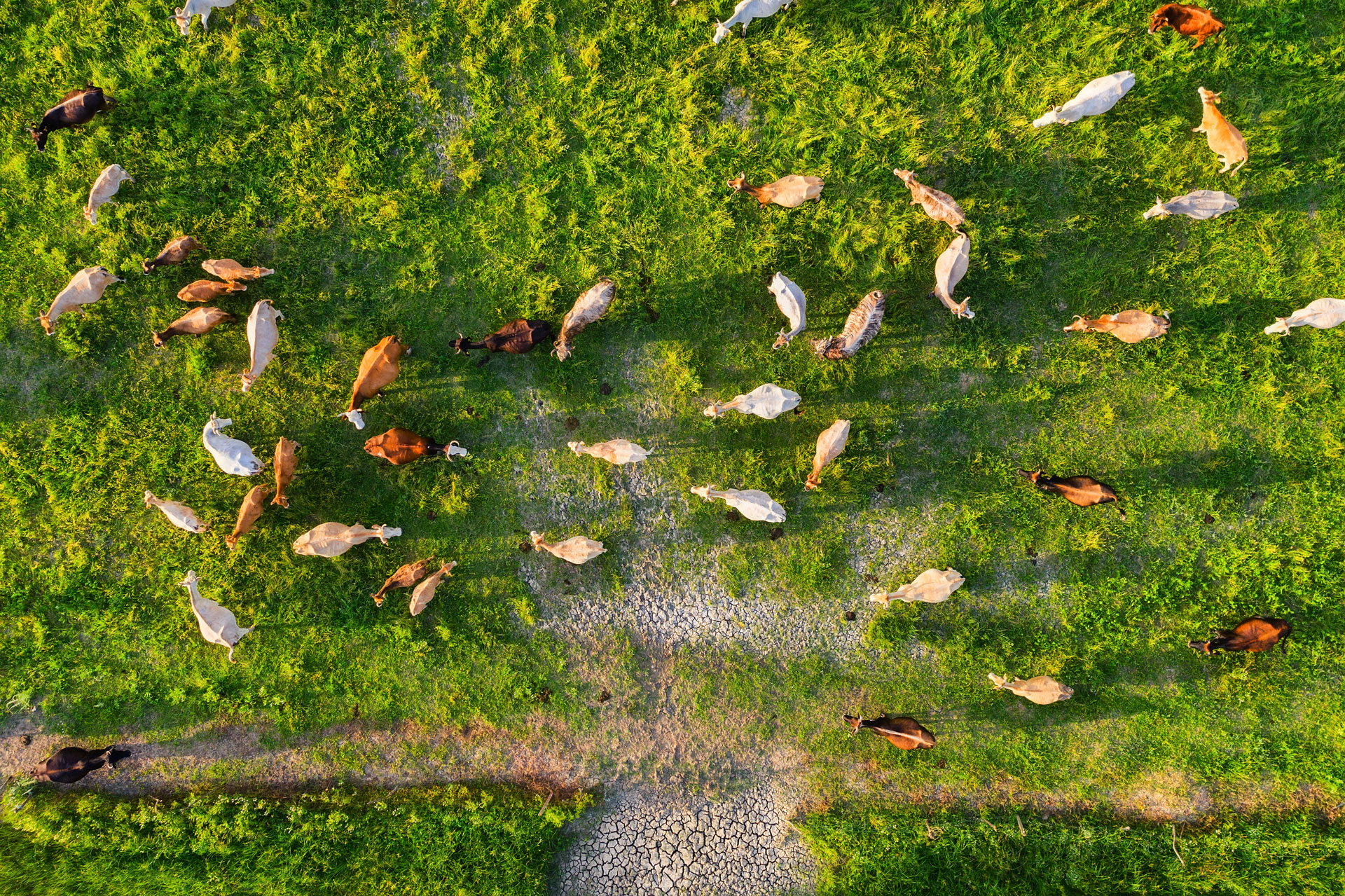If you’re feeling confused by all the acronyms, dates and biosecurity plan templates, you’re not alone! We’re here to help you sort through the information and help you make the best decision for your farm.
Livestock Production Assurance (LPA) Program
What is LPA and am I registered?
- If you use NVDs you are part of the LPA program. Check your NVD book for the LPA logo.
- LPA is the red meat industry’s Livestock Production Assurance program.
- Being accredited means you agree to abide by the seven LPA rules and standards, a commitment to undertake specific practices that mean Australian red meat is safely and ethically produced. It guarantees that you stand by what you sell.
The Integrity Systems Company, an MLA subsidiary, administers the LPA program on behalf of industry and AUS-MEAT conducts the LPA farm audits.
From the 1 October 2017:
- Two new modules were added to the existing LPA rules and standards: biosecurity and animal welfare. You should familiarise yourself with the requirements, and ensure you have a farm biosecurity plan in place to meet the requirements of the biosecurity module.
- If you are LPA accredited this will involve completing a short assessment and paying a small fee, and then renewing your accreditation every three years thereafter. You will be notified two months before your re-accreditation is due with instructions.
- To join LPA, you will need to complete a short assessment and pay a fee, and renew your accreditation every three years.
- Online leaning modules are available to help producers understand their LPA obligations and prepare for the assessment.
- Free eNVDs are available.
Are you a dairy farmer?
As dairy cattle are part of the red meat supply chain, dairy farmers are encouraged to maintain LPA accreditation. To access LPA NVDs for their livestock, dairy farmers must be LPA accredited.
Where can I find out more?
More information about LPA s can be found on the Integrity Systems website or call the helpline on 1800 683 111.
Farm Record Templates
Getting your farm records in order can be daunting and often getting started is the hardest part. Here are some helpful tools, supplied by Farm Biosecurity, to get your record keeping on-track. Remember that whatever format you choose, make it work for you and your enterprise.
- LPA On-Farm Biosecurity Plan Template (PDF) – A practical template to record biosecurity practices with added suggestions and links to further information.
- LPA Farm Records (PDF) – A single document to address the records required for each of the seven Livestock Production Assurance program modules.
- Animal Treatment Record (PDF) – Store and record animal treatments for individuals or herds or flocks.
- Visitor Register Template (PDF) – Record the details of those entering your property and the risk they pose of introducing or spreading disease, pests and weeds.
- Emergency Animal Disease Action Plan (docx) – Detail the actions to take in a suspected emergency animal disease outbreak.
For more templates and tools, visit Farm Biosecurity or Integrity Systems.
Johne’s Beef Assurance Score (JBAS)
What is JBAS?
JBAS is a voluntary, market-driven risk assessment tool implemented by industry through Cattle Council Australia and Animal Health Australia. The J-BAS System (PDF) uses scores from 0 to 8 to assess risk of exposure and management of Johne’s disease.
If you choose to participate in the program:
- The default position for beef only producers after 30 June 2017 is JBAS 6, unless you have had a Johne’s disease infection on your property in the last 5 years in which case you should self-assess your JBAS.
- Herds which were not beef only, have no previous infection of JD on their property and have implemented a biosecurity plan will have a score of 4.
- Producers who held a transition score 7 or 8 can retain a score 7 by having a vet certified biosecurity plan and undertaking a check test with clear results by 1st July 2018.
- A biosecurity plan that includes Johne’s disease specific practices is required for a JBAS 2 or higher. The same template can be used for LPA renewal; however, the Johne’s disease section is optional for LPA.
- A minimum JBAS is only required for cattle travelling to WA or the NT.
Where can I find out more?
Visit the Animal Health Australia website or contact the Cattle Council of Australia by calling 02 6269 5600.
